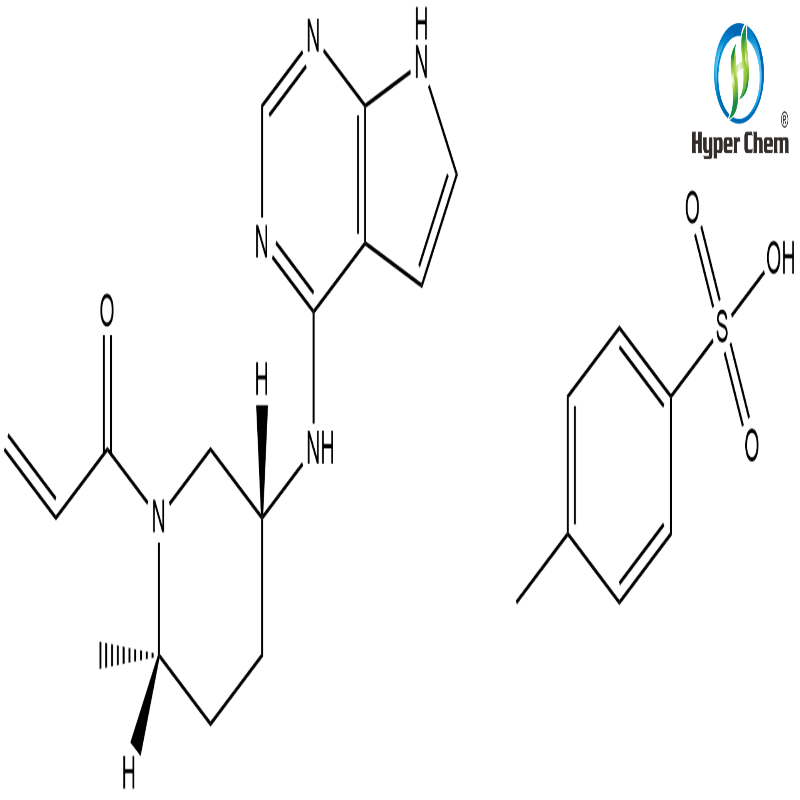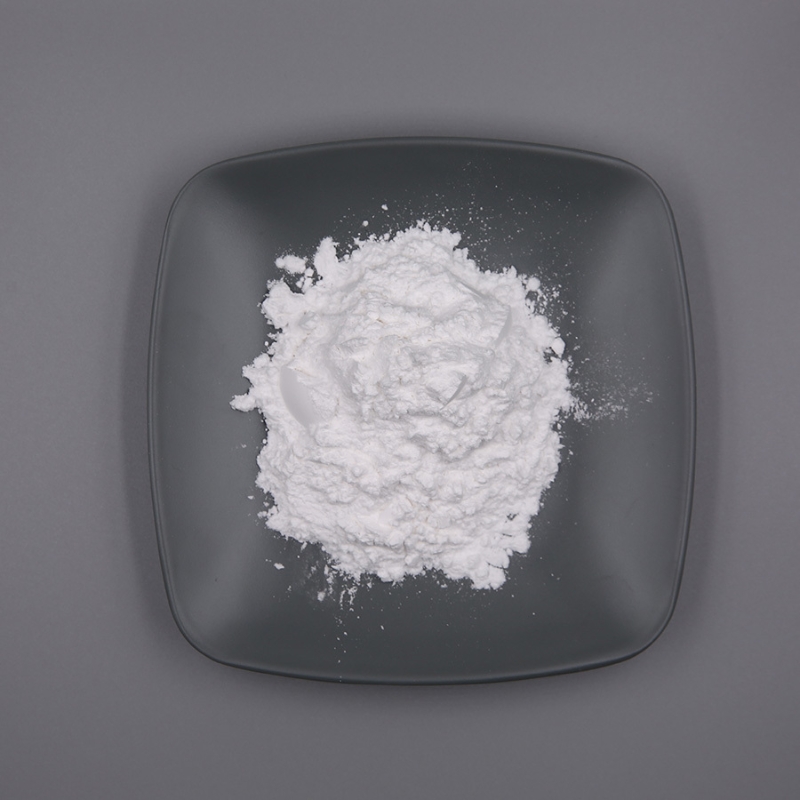-
Categories
-
Pharmaceutical Intermediates
-
Active Pharmaceutical Ingredients
-
Food Additives
- Industrial Coatings
- Agrochemicals
- Dyes and Pigments
- Surfactant
- Flavors and Fragrances
- Chemical Reagents
- Catalyst and Auxiliary
- Natural Products
- Inorganic Chemistry
-
Organic Chemistry
-
Biochemical Engineering
- Analytical Chemistry
-
Cosmetic Ingredient
- Water Treatment Chemical
-
Pharmaceutical Intermediates
Promotion
ECHEMI Mall
Wholesale
Weekly Price
Exhibition
News
-
Trade Service
August 14, 2020 /--- infection caused by the hepatitis B virus (HBV) is currently a major global public health problem.
, despite effective protective vaccines, the World Health Organization estimates that more than 250 million people worldwide are living with chronic infections.
HBV infection is associated with cirrhosis, liver failure and hepatocellular carcinoma, resulting in about 1 million deaths each year.
, there is no specific way to completely eliminate the virus and provide treatment for chronic HBV infection.
(Photo source: www.pixabay.com) To improve understanding of antibody response responses to HBV infection, scientists at the Pasteur and Inserm Institute, in collaboration with the Roche Innovation Center in Switzerland, isolated memory B cells from the blood of HBV vaccinators and naturally recovered patients, and produced and identified monoclonal antibodies against viral membrane antigens (HBsAg).
In order to study the antibody response to the protective effects of hepatitis B virus infection and to analyze in detail the properties of antibodies against the virus, Pasteur Immunology Laboratory, in collaboration with the Roche Innovation Centre in Switzerland, produced and identified approximately 100 HBV surface antigen (HBsAg)-specific human monoclonal antibodies.
Hugo Mouquet, head of the Body Fluid Immunology Laboratory at the Pasteur Institute, explained:
The study shows that individuals who are vaccinated or recover from natural infections produce a variety of antibodies targeting different areas of HBsAg.
the vast majority of anti-HBsAg antibodies produced in recovering patients have a mesmical effect and can respond to different HBV subsypes that are prevalent around the world.
addition to having in vitro median ability at low concentrations, test results in HBV-infected mouse models showed that candidate antibody molecules also contributed to a significant decline in viralemia in the body.
, the isolated broad-spectrum neutrality antibody Bc1.187 promoted a significant reduction in viral blood symptoms in infected HBV mice, and in some mice, the infection was controlled for a long time.
Hugo Mouquet said: "Therefore, the negotation antibody against HBsAg appears to play a key role in the rehabilitation of patients with chronic infections, where the antibody Bc1.187 is a potential tool for treating patients with chronic HBV infection.
.com Source: Hepatitis B: Natural controllers shed light on immunity mechanisms Original source: Verena Hehle et al, Potent human broadly neutralizing antibodies to hepatitis B from natural controllers, Journal of Student Medicine (2020). DOI: 10.1084/jem.20200840.







